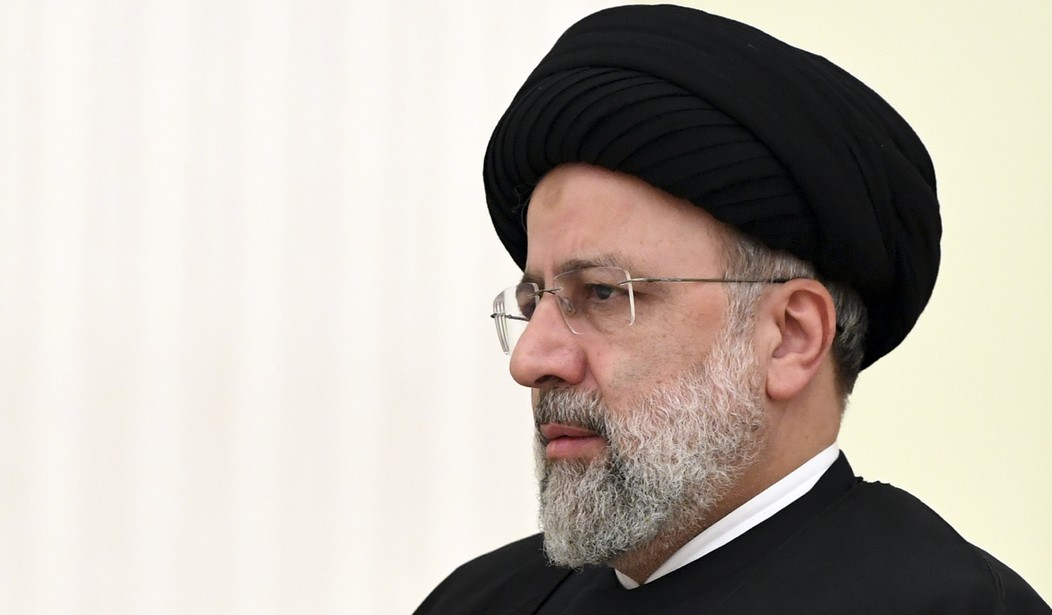In September 2023, a seismic revelation shook the foundations of U.S. national security when credible reports exposed a disturbing infiltration of the U.S. government by agents of the Iranian regime. The damning report by Semafor laid bare a sprawling propaganda network, the Iran Experts Initiative (IEI), intricately linked to the regime in Tehran. Shockingly, this network allegedly included a senior Pentagon official and influential overseas academics, all implicated in disseminating Tehran's talking points within American policymaking circles.
The tentacles of this network reached even into the echelons of U.S. diplomacy, with former aide to U.S. Iran envoy Robert Malley implicated in the scandal. Malley himself faced suspension earlier in the year for alleged mishandling of classified information. Notably, some of those named in this Iranian government-run network had links to Trita Parsi, a disgraced Iranian regime lobbyist and former head of the National Iranian American Council (NIAC), who has long been parroting the regime's policies in Washington, D.C.
Following the exposure of NIAC’s pro-Tehran tendencies and Parsi's loss in a self-initiated defamation lawsuit, he deftly transitioned roles, establishing the ostensibly named Quincy Institute for Responsible Statecraft. Yet, as the adage aptly suggests, "the singers may have altered, but the melody lingers unchanged." Responsible Statecraft has been masquerading under the guise of diplomacy, yet it operates as a mere façade for the Iranian regime's underlying agenda. By promoting a stance of unwarranted conciliation towards the ruling theocracy in Iran, it has simultaneously unleashed vehement critiques against any opposition to the regime. This dichotomy paints a clear portrait of an organization less committed to responsible statecraft and more devoted to the art of 'irresponsible appeasecraft,' acting as a protective bastion for Tehran's strategic interests on foreign soil.
Recommended
A recent article by Responsible Statecraft, targeting Iran’s principal opposition group, Mujahedin-e Khalq (MEK), serves as a quintessential example of strategic disinformation. This timing is no mere coincidence; it underscores the intent behind such disinformation campaigns, aimed at undermining the credibility of opposition forces while distracting from the regime's own precarious state at home and its increasing isolation on the world stage. The article's alignment with the regime's moments of weakness and vulnerability in the face of expanding resistance movement inside Iran, further illuminates the underlying motives of Responsible Statecraft's narrative, revealing a concerted effort to sway public opinion and political discourse away from the democratic opposition and in favor of Tehran.
At the core of this campaign lies an attempt to erode the bipartisan support that the MEK has secured within the U.S. Congress, a support that has been steadily building since the mid-1980s. This endeavor, though both desperate and futile, warrants careful examination. Responsible Statecraft's allegations are simply a regurgitation of stale and threadbare claims that have been debunked by independent scholars, researchers, and even the State Department, underscoring the necessity for a discerning examination of fact versus fiction.
The article cites 'experts' who demonstrate a clear bias towards rapprochement with the Iranian regime, a stance complicated by their questionable affiliations. It also cites an individual who glorified the paramilitary Basij during the 2009 Tehran protests, entities connected to the son of the deposed shah, a journalist previously in line with the regime and a fervent advocate of Mohammad Khatami, and a former State Department official still furious over the unequivocal rejection by America's second highest court of his effort to keep the MEK on the terror watch list. Their involvement weaves a complex web of relationships, casting doubt on the credibility and perspectives of these purported experts. Further controversy arises from the inclusion of notorious Intelligence Ministry agents and references to third-rate media outlets.
The timing and substance of these claims offer a telling insight. Coinciding with the Iranian regime's orchestrated judicial spectacle against 104 MEK members, these smears echo the very allegations that Responsible Statecraft has recently rehashed. This reliance on stale, recycled charges suggests that the Iranian regime is reaching the limits of its arsenal in its extended, expensive endeavor to vilify the MEK, the principal democratic opposition to its rule.
Nevertheless, this situation underscores the imperative for heightened vigilance in discerning between authentic concerns and calculated misinformation campaigns. The intent to manipulate public perception and policy becomes apparent, highlighting the necessity for careful evaluation of the sources and intentions behind such information, as well as considering the broader context of the regime's tactics against its opposition.
Safavi (@amsafavi) is a member of the Foreign Affairs Committee of the Paris-based National Council of Resistance of Iran (NCRI).

























Join the conversation as a VIP Member